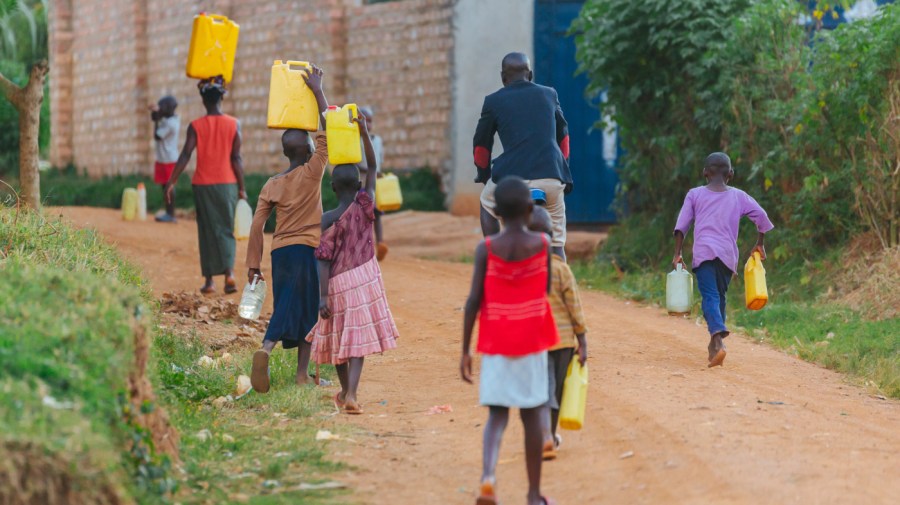The US Can’t Afford to Ignore Africa: The Impact of USAID’s Shutdown
The recent decision to shut down the United States Agency for International Development (USAID) has sent shockwaves through the international development community, with potentially far-reaching consequences for Africa and US-Africa relations. This move, part of the Trump administration’s “America First” agenda, has sparked intense debate about the role of foreign aid and America’s place on the global stage.
Key Points:
1. USAID’s shutdown threatens crucial development programs across Africa
2. The decision could significantly impact US influence and soft power in the region
3. China and other global powers may fill the void left by the US withdrawal
4. The move raises concerns about global health, security, and economic stability
Impact on African Development
The closure of USAID programs is expected to have severe consequences for many African nations. USAID has been a major contributor to development initiatives across the continent, providing over $6.5 billion in humanitarian aid last year alone. The agency’s programs have been credited with saving more than 25 million lives from HIV/AIDS and improving access to electricity for 180 million people in sub-Saharan Africa.
The shutdown threatens to undo decades of progress in areas such as:
- Health care and disease prevention
- Economic growth and poverty reduction
- Education and social services
- Democracy, human rights, and governance
Geopolitical Implications
The US withdrawal from Africa through USAID’s closure could have significant geopolitical consequences. As the US reduces its presence, other global powers like China, Russia, and Gulf states are likely to expand their influence on the continent. This shift could affect:
- US-Africa diplomatic relations
- Access to critical minerals and resources
- Counter-terrorism efforts and regional security
- Economic partnerships and trade agreements
Global Health Concerns
The shutdown of USAID programs raises serious concerns about global health, particularly in the fight against infectious diseases. Africa has been at the forefront of battling epidemics like HIV/AIDS, Ebola, and malaria. The withdrawal of US support could lead to:
- Increased rates of HIV infections and AIDS-related deaths
- Reduced capacity to respond to disease outbreaks
- Setbacks in ongoing research and treatment programs
Economic Impact
USAID has played a crucial role in promoting economic growth and development across Africa. The agency’s withdrawal could lead to:
- Reduced foreign investment in African economies
- Setbacks in infrastructure development projects
- Decreased support for small businesses and entrepreneurs
Humanitarian Concerns
The abrupt cessation of USAID’s work has already resulted in food aid being stranded in warehouses, raising alarms about potential humanitarian crises. Sub-Saharan Africa, home to some of the world’s most vulnerable populations, is likely to bear the brunt of these cuts.
The Way Forward
As the international community grapples with the implications of USAID’s shutdown, there are calls for a reevaluation of US-Africa policy. Some experts argue that the US should prioritize more diplomacy and development to prevent the growing militarization of its Africa policy. Others suggest that this moment could lead to more sustainable, locally-driven development initiatives in Africa. However, the immediate challenges posed by the withdrawal of US support remain a pressing concern for many African nations and international organizations.
In conclusion, the shutdown of USAID represents a significant shift in US foreign policy with far-reaching implications for Africa and global development. As the situation continues to unfold, it will be crucial to monitor its impact on international relations, global health, and economic stability in the region and beyond.









